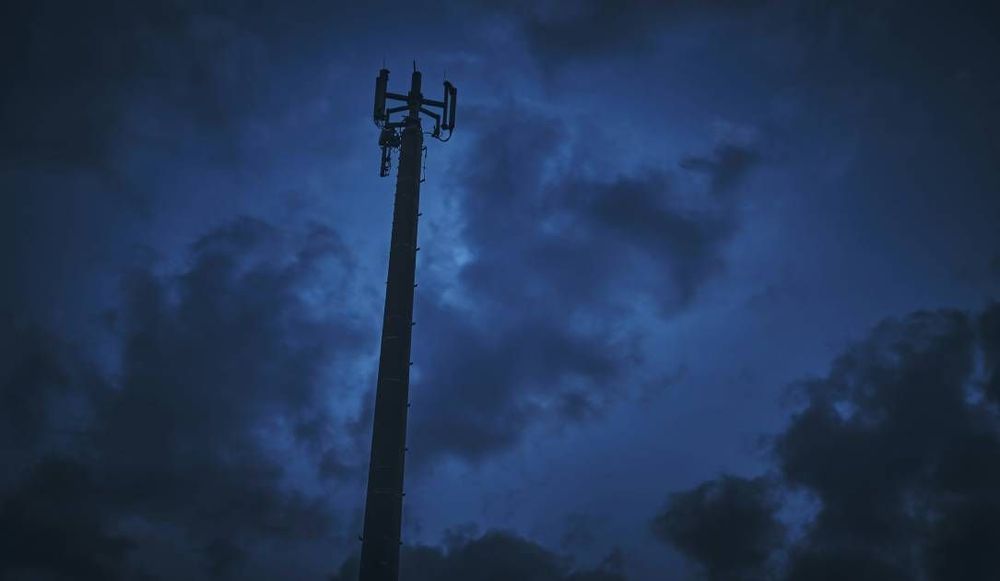Russia’s mobile internet shutdowns hit record high amid Ukrainian drone attacks
Russia shut down mobile internet services more than 2,000 times in July — a record monthly high — as authorities ramped up digital restrictions in the name of security, according to a report by the nonprofit Russian Internet Protection Society.
Local authorities often cut off access to the internet, citing “national security” amid Ukrainian drone attacks. However, rights groups and digital watchdogs say many of the blackouts appear unrelated to any real threat.
The disruptions have taken a toll on daily life, with the internet watchdog estimating economic losses at nearly 26 billion rubles ($290 million) in July alone. Customers of banks, taxi services, delivery platforms, and online stores have struggled to access services. In rural areas, some residents have had to travel to neighboring towns just to withdraw cash or access navigation tools.
The shutdowns intensified after Ukraine launched Operation Spiderweb in early June — a long-range drone campaign targeting strategic Russian airfields, researchers said.
By late July, some areas like Russia’s Krasnoyarsk region experienced complete internet blackouts lasting six days or more, according to local media reports. Despite no declared drone threat in many locations, mobile internet remains routinely restricted, researchers said.
“Authorities may be using drone attacks as a pretext to restrict people in Russia from accessing information online or exercising their right to freedom of speech,” the digital rights nonprofit Access Now said.
Internet freedom advocates in Russia suggest that local officials may be cutting off mobile internet in an attempt to convince the Kremlin they are taking measures against drones, despite the fact that mobile internet is not strictly needed to operate drones.
Meanwhile, Russian users doubled their purchases of Wi-Fi routers in June and July, local media reported this week, as citizens scrambled to stay connected and fear prolonged shutdowns.
Rights groups say the internet blackout campaign is part of a broader digital crackdown that began after Russia’s full-scale invasion of Ukraine in February 2022. According to Human Rights Watch, authorities have blocked thousands of websites, throttled YouTube, removed VPNs from app stores, and banned platforms like Facebook and Instagram.
The Kremlin now appears to be eyeing WhatsApp, one of the last major apps for uncensored communication. Analysts say it could soon be replaced with a state-controlled alternative called “Max”, which will be pre-installed on new smartphones and tightly integrated with government services.
Foreign internet firms have also faced growing pressure. Cloudflare, a U.S.-based web security firm, confirmed in June that Russia is limiting traffic from its platform to just 16 kilobytes per request — effectively breaking many websites for Russian users.
Russia recently blocked Speedtest.net, the internet speed testing tool developed by U.S. company Ookla, labeling it a security risk. Authorities claimed the service failed to comply with data localization rules and could aid cyberattacks.
In addition to state-imposed restrictions, Russian telecom providers are increasingly falling victim to cyberattacks. Earlier this week, one of St. Petersburg’s largest internet providers went offline after a DDoS attack, while a similar incident in May cut off tens of thousands of users in Moscow and surrounding regions.
Daryna Antoniuk
is a reporter for Recorded Future News based in Ukraine. She writes about cybersecurity startups, cyberattacks in Eastern Europe and the state of the cyberwar between Ukraine and Russia. She previously was a tech reporter for Forbes Ukraine. Her work has also been published at Sifted, The Kyiv Independent and The Kyiv Post.



